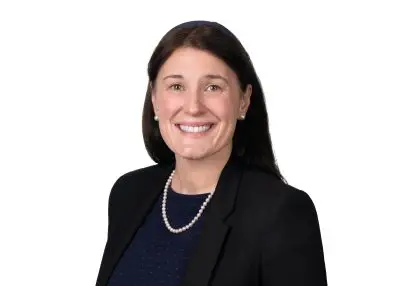Open Educational Resources (OER) are high-quality teaching and learning materials that are free for educators and students to use, customize, and share.
OER address the rapid increase in the cost of textbooks and other learning materials and support instructional innovation. MHEC helps member states increase their capacity to implement OER and establish sustainable use of them at the institutional, system, and state levels to promote equitable learning.
In 2020, the four regional higher ed compacts formed the National Consortium of Open Educational Resources (NCOER). Each compact received an 18-month, $250,000 grant from the Hewlett Foundation to increase OER capacity and implementation in its member states, to share best practices, scale successful efforts, and leverage collective resources. In September 2022, MHEC received an additional $432,400 grant from the Hewlett Foundation to continue the work with the Midwestern states and the collaboration with the NCOER to scale and sustain use of OER across the country.
Creative Commons Collaboration
The Creative Commons (CC) is an international nonprofit organization dedicated to helping build and sustain a thriving commons of shared knowledge and culture. Through workshops, consultations and its CC Certificate, CC helps community members develop open licensing expertise and a deeper understanding of recommended practices for sharing. Through a partnership with MHEC, CC offers any community member affiliated with the Compact a 15% discount on the CC Certificate online course. Learn more.
OER Reports & Webinars
Cost Savings & Return On Investment
Toward Convergence: Creating Clarity to Drive More Consistency in Understanding the Benefits and Costs of OER
2022
Informed by institutional, state, and national leaders, this report examines six principles to help define efforts to identify savings and ROI from OER investments. The report offers two frameworks for making those calculations, which can be adapted to local interests and needs.
ViewReport - Toward Convergence
April 13, 2022
Creating Clarity to Drive More Consistency in Understanding the Benefits and Costs of OER.
Informed by institutional, state, and national leaders, this report examines six principles to help define efforts to identify savings and ROI from OER investments. The report offers two frameworks for making those calculations, which can be adapted to local interests and needs.
Course Marking
Findings of the OER Course Marking Landscape Analysis Survey
November 27, 2023
This report examines the findings of the OER Course Marking Landscape Analysis Survey conducted in 2023. It included questions related to institutions’/systems’ course marking processes, data validation processes, use of course marking data, technology use, and motivations for course marking of OER.
ViewA Course Marking Roadmap: Recommendations to Guide the Development and Implementation of Open and Affordable Course Marking for the Benefit of Students, Faculty, and Institutions
2024
This report outlines a set of recommendations for the development and implementation of open and affordable course marking based on conversations with a nationally representative group of institutional, system, and state experts in course marking.
ViewOpen Education and Dual/Concurrent Enrollment
Using Open Educational Resources (OER) in Dual Enrollment: Stakeholder Perspectives
February 2026
This report from MHEC and the Southern Regional Education Board draws on interviews with educators, administrators, and policy leaders across the Midwest and South to explore how OER is currently being used in dual enrollment settings, the benefits institutions and students are experiencing, and the practical challenges that limit broader adoption.
ViewDual Enrollment and Open Educational Resources: Intersections and Opportunities in State Policy
February 2026
This report from MHEC and the Southern Regional Education Board examines the state policy landscape, highlighting where dual enrollment and OER policies intersect and where they remain disconnected, and outlines concrete policy levers states can use to bring these two innovations to scale in a complimentary manner.
ViewOER in Dual Enrollment: Leveraging Open Educational Resources to Expand Equitable Access
2021
This report from MHEC and the Southern Educational Board examines how the use of open educational resources can make dual enrollment courses more cost-effective and increase college access for more students.
ViewConnect with Us
MHEC OER Newsletter: Sign up for the MHEC OER Update to receive updates, resources, and opportunities to support open education across the Midwest.
Midwest OER State Action Teams: These cross-sector, state-based working groups bring together educators, librarians, policymakers, and other stakeholders to advance OER within their states. Participants identify priorities, share best practices, and implement strategies that promote OER adoption, creation, and sustainability in support of equitable and affordable education. Contact us to join your state’s OER State Action Team.
Midwestern Open Education Summit: This invitation-only, team-based event brings together state and institutional teams from across the Midwest to engage in strategic planning and collaborative action to advance open education. The Summit fosters cross-state learning, alignment of priorities, and the development of coordinated strategies to expand the impact of OER in the region.

